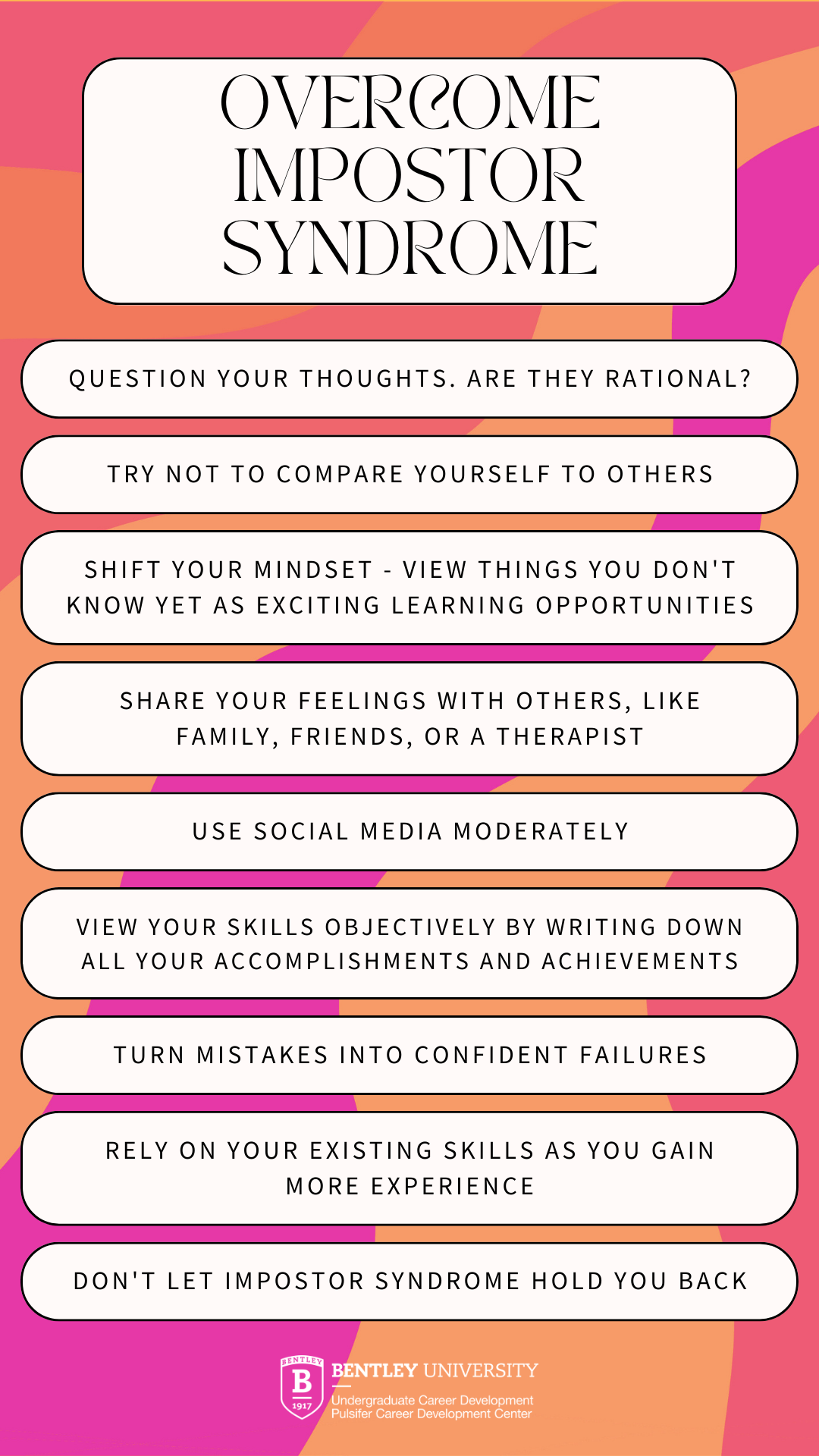Mastering Strategies to Overcome Procrastination, Emotional Dependency, and the Impostor Syndrome
Mastering Strategies to Overcome Procrastination, Emotional Dependency, and the Impostor Syndrome
Blog Article
Throughout our routines, we often encounter challenges that hinder productivity and personal growth. Among the most common issues are o que e procrastinacao procrastination, emotional dependency, sindrome impostor and sindrome do imposto impostor syndrome. These problems not only disrupt personal and professional life, but addressing them can lead to significant personal improvement.
In this article, we’ll explore what these issues are, how they develop, and effective strategies to manage them. With the right insights, you can enhance your mental clarity and live a more fulfilling life.
The Definition and Causes of Procrastination
Procrastination refers to the act of delaying tasks that require immediate attention. It is commonly caused by fear of failure, perfectionism, or lack of motivation.

Research shows that procrastination stems from how our minds prioritize instant gratification over long-term benefits. People often procrastinate when they feel unmotivated or overwhelmed. Recognizing these triggers is essential to addressing the issue effectively.
What is Emotional Dependency?
Emotional dependency occurs when someone relies heavily on others for a sense of security and happiness. While building relationships is fundamental, excessive emotional dependency can harm both the individual and the relationship.
People with emotional dependency may struggle to make independent decisions. It is usually linked to early attachment patterns, such as a fear of abandonment or low self-esteem. Building self-awareness and working on personal growth can help reduce dependency and promote emotional balance.
What is Impostor Syndrome?
Impostor syndrome refers to the internalized fear of being exposed as a fraud. Despite achieving success, individuals with impostor syndrome attribute their achievements to luck or external factors.

This mindset results in anxiety and self-doubt, hindering personal and professional growth. Research suggests that addressing impostor syndrome requires acknowledging accomplishments, reframing negative thoughts, and seeking constructive feedback.
Strategies to Overcome These Challenges
To combat these challenges, consider implementing the following strategies:
- For procrastination: Set small, manageable goals and use tools like to-do lists or time-blocking techniques.
- For emotional dependency: Focus on building self-esteem through activities like self-reflection and personal growth exercises.
- For impostor syndrome: Document your successes and remind yourself of past accomplishments regularly.
Consistency is vital—practice these techniques daily to achieve sustainable results.
Breaking Free from Mental Barriers
These common psychological challenges can be overcome with dedication and the right tools. When you take proactive steps to address these issues, you set the stage for a more productive, confident, and fulfilling future.
Start small—pick a single habit to focus on and commit to making gradual progress. Over time, you’ll see improvements in your mindset and daily life.
Report this page